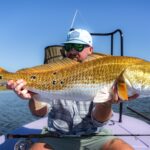
Louisiana Bull Reds Up for Harvest Again: H.B. 604 Must Not Pass
Photo Credit: Carter Abramson | Trevor Johnson Every now and then, we encounter something so
In the latest episode of The Guide Post Podcast, guest host Nick Jones had the privilege of connecting with Keith Rose-Innes, a pioneer in global fly fishing and voice for conservation. Keith, who joined the pod from Johannesburg, South Africa, shared his journey from early exposure to fishing in South Africa to becoming the managing director of an iconic operation, The Alphonse Fishing Company. Built upon decades of experience, Keith’s story sets a new standard for the role lodges can play in conserving their local marine resources.
Keith’s work in the Seychelles highlights the region’s incredible natural resources and the ongoing commitment to protecting them. The Seychelles, a string of coral atolls north of Madagascar, offers an unparalleled diversity of species like triggerfish, bonefish, milkfish, permit and the holy grail – giant trevally. “These islands are frozen in time,” Keith explained. “It’s like the Galapagos of the Indian Ocean.” Beyond its natural beauty, the Seychelles exemplify how intentional conservation can safeguard fisheries for businesses and future generations. Their eco-lodges balance tourism demand with environmental stewardship, offering guests an immersive experience in the Seychelles’ untouched beauty that inspires their participation in conservation. The Seychelles aren’t just an angling hot spot. They are ecosystems teeming with life, from predatory fish to vibrant coral habitats. As Rose-Innes stressed, “The story isn’t just about fishing—it’s about the entire environment that supports it.”
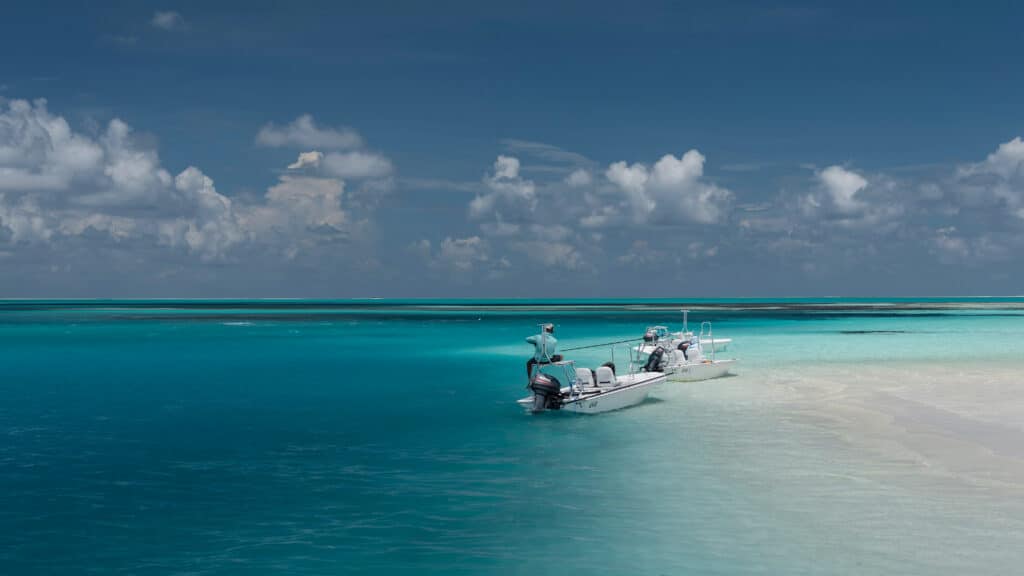
Alphonse’s innovative approach to conservation should inspire our efforts in the United States. By partnering with Island Conservation Society and Seychelles authorities, Keith’s team has implemented sustainable practices, including rod limits, closed areas, and groundbreaking research to better understand the fish they interact with. Most notably, the Alphonse crew tagged 80 giant trevally to monitor their behavior, feeding patterns, and survival rates. The data has since informed management decisions, reinforcing the long-term health of the fishery. As Keith aptly stated, “The science [we conduct] guides us, not just in fishing but in preserving the experience.” The mentality of preserving the resource and focusing on “the experience” is an easily applicable model for our domestic fisheries.
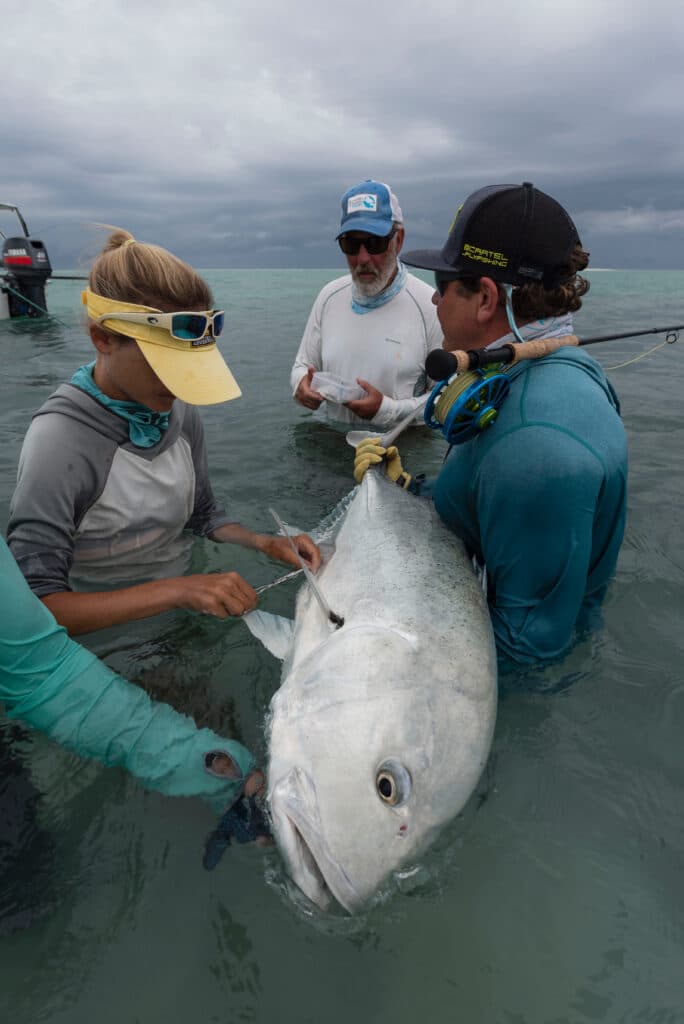
Alphonse’ emphasis on sustainability is a prime example of “better business through conservation”. The operation exemplifies how thriving fisheries drive tourism, and the thoughtful utilization of those resources ensures their long-term future. Keith acknowledged that protecting these atolls requires a year-round presence from law enforcement and support for ecological monitoring, but these efforts have seen an amazing return on investment. “It’s not just about catching fish—it’s about creating a legacy.”
Under Keith’s direction, Alphonse has followed a roadmap for protecting local resources, especially when it comes to their marquee species the giant trevally. In the States, we have noticed a burgeoning interest in a very similar species, the jack crevalle. With plenty of experience fishing for jack crevalle in other parts of the world, Keith stated, “Jack crevalle are every bit as nasty and powerful as a giant trevally. They don’t get quite as big, but their aggression, fight, and how you target them mirror what we do in the Seychelles. It’s exciting to see them getting the attention they deserve as an important fishery.”
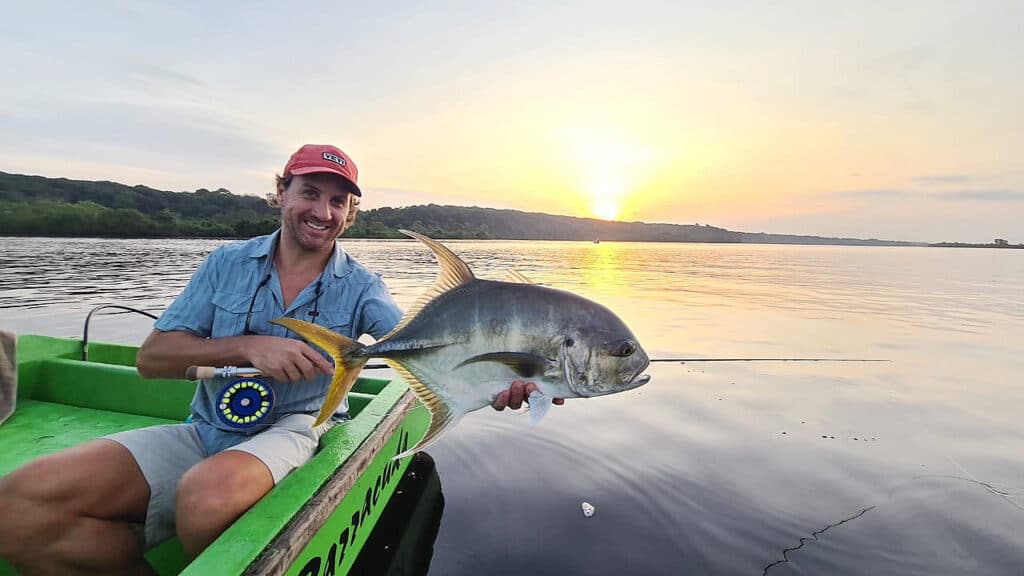
Jack crevalle possess all of the hallmark characteristics of the legendary GT, but have just recently earned a worthy reputation as one of the hardest fighting sport fish in domestic waters. Jacks are currently unmanaged and have minimal to no regulations throughout their migratory range in the Southeast. Jacks drive more of an economic engine in the States than most realize. With a rapidly growing angling community and diminishing populations of other key inshore species, it’s hard not to imagine the Jack market rapidly expanding.
Anglers and advocates who supported the ASGA albie project know the “S.E.A blue print” well. In order to drive meaningful change for a species, we need science data to start the process. Our friends at Florida International University have got the ball rolling, but this species is still relatively unstudied to this day. Using the S.E.A model in collaboration with accredited institutions like FIU and MSU, ASGA and our partners aim to generate a more comprehensive understanding of Jack Crevalle, which will be used to educate and empower an army of advocates. Beginning this Spring, “The Jack Project” will kick start a multi-state study utilizing acoustic tagging to monitor jack migration and behaviors. One hundred (100) acoustic tags will be deployed in key angling communities that already rely on Jacks: South Carolina, the Treasure Coast of Florida, the Florida Keys, Louisiana, and Texas. The project will generate over five years of invaluable data to help paint a better picture of the Jack lifecycle. Rose-Innes greatly appreciates the effort: “The acoustic tagging project you’re launching for jack crevalle is a game-changer. Establishing precautionary management based on science before a species is overexploited—that’s forward-thinking. It’s incredible to see ASGA leading the way in showing how sustainable practices can protect fisheries for future generations.”
Episode #174 of The Guide Post underscores the power of science-backed advocacy. The Seychelles are a gold standard case study for how communities, businesses, and officials can collaborate to sustain their natural resources. Keith’s dedication reminds us that protecting what we love is not just a responsibility; it is an opportunity to leave a lasting impact. The Jack Project is built upon these same principles, aiming to build a new archetype for fisheries management. If we can get to the point where precautionary management is standard practice, we can avoid the “same old song and dance” of fisheries management, facing the harsh realities of necessary actions when things slip past a critical point of no return.We encourage all of our advocates to listen to Keith’s interview on The Guide Post (Ep #174) for a firsthand account of a conservation-driven business in action – available now on Apple Podcasts and Spotify.
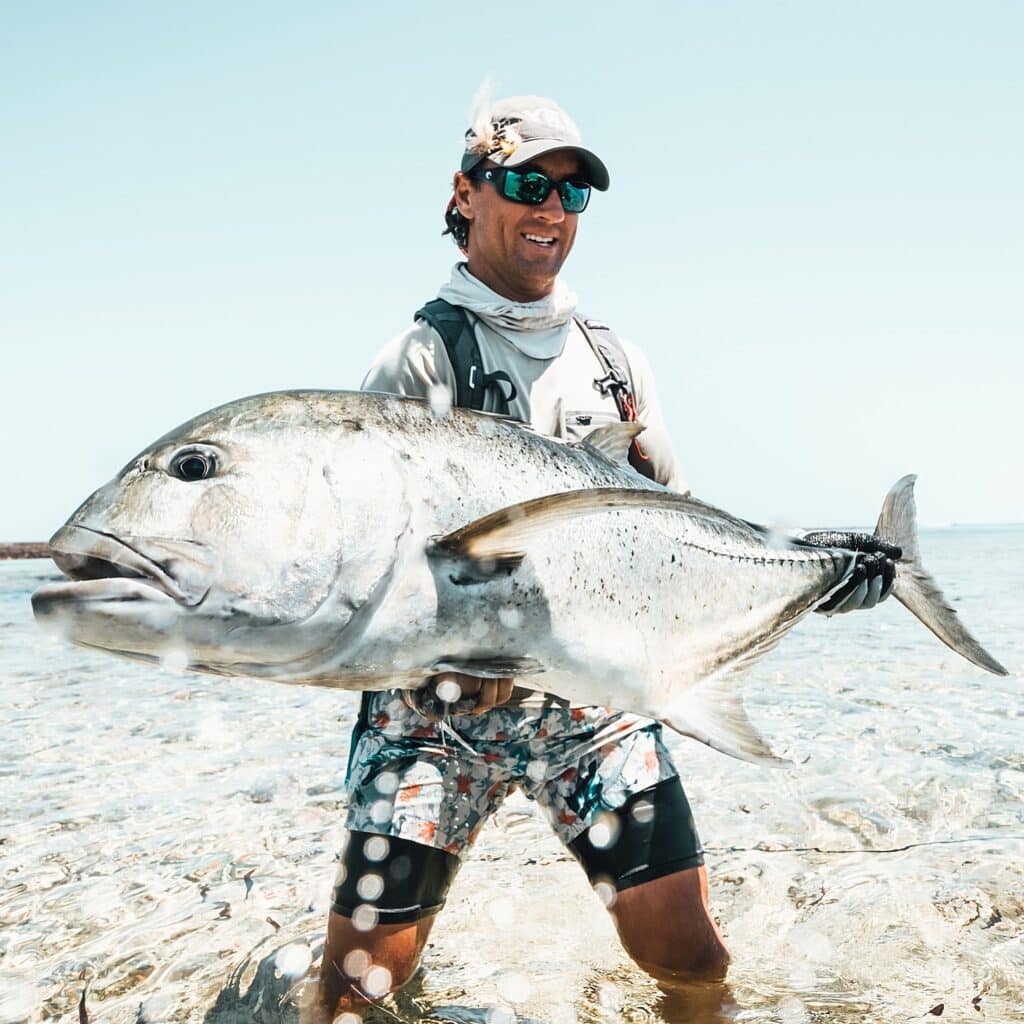

Photo Credit: Carter Abramson | Trevor Johnson Every now and then, we encounter something so
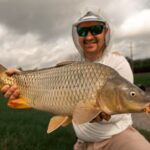
This past weekend, ASGA proudly sponsored the Dirty Carp Tournament in Louisiana — and no, you didn’t misread that.
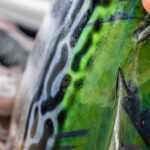
After years of data pouring in from The Albie Project, advocacy, persistence, and support from
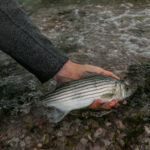
This morning, the Connecticut Environment Committee held a hearing on House Bill 6248, a bill
We rely on our members and donations to keep fighting for a sustainable tomorrow in marine conservation.
GIVE THE GIFT OF FISHERIES CONSERVATION THIS HOLIDAY SEASON. SHOP ASGA GOODS THAT FUND FISHERIES RESEARCH & ADVOCACY CAMPAIGNS
JOIN ASGA IN CALLING FOR CRITICAL MANAGEMENT ACTION AFTER YEARS OF SPAWN FAILURES & POOR MANAGEMENT.
By using this website, you agree to our use of cookies. We use cookies to provide you with a great experience and to help our website run effectively. To learn more, please review our privacy policy.